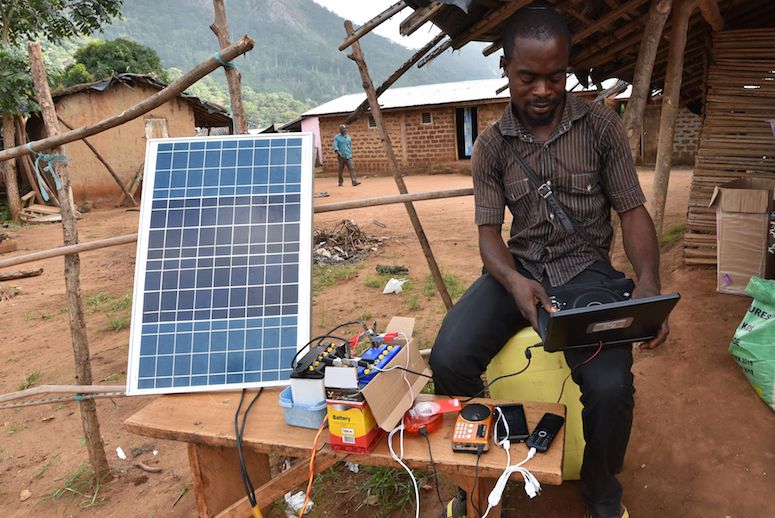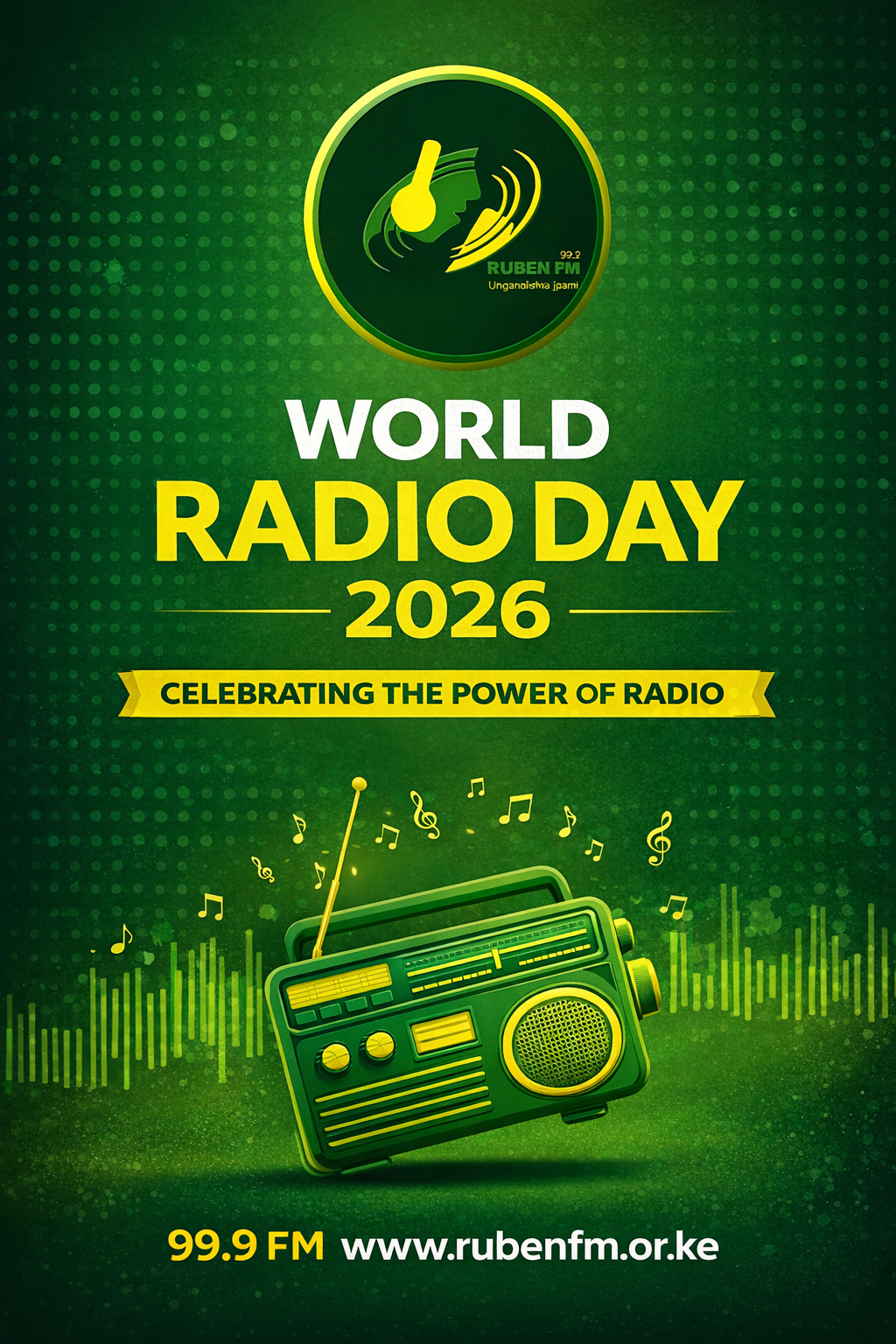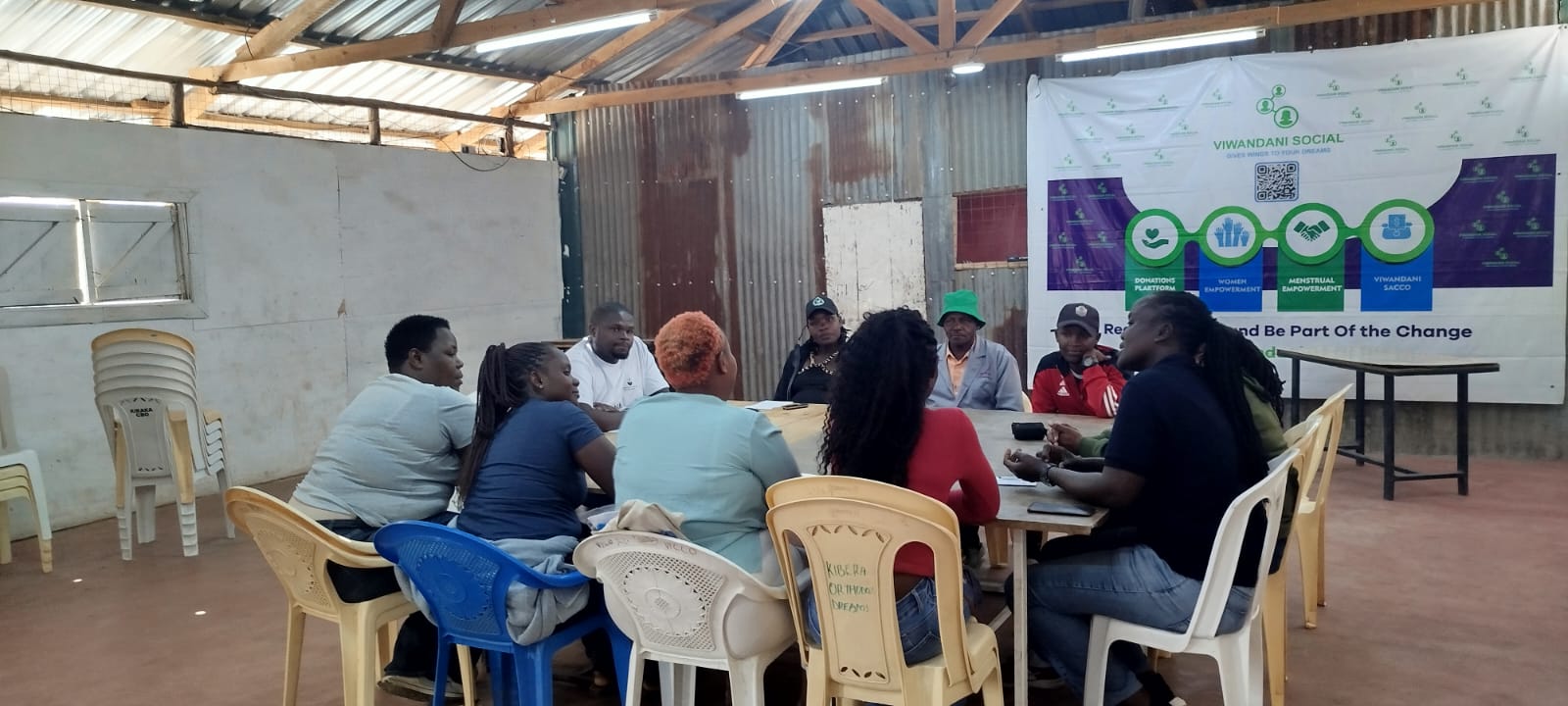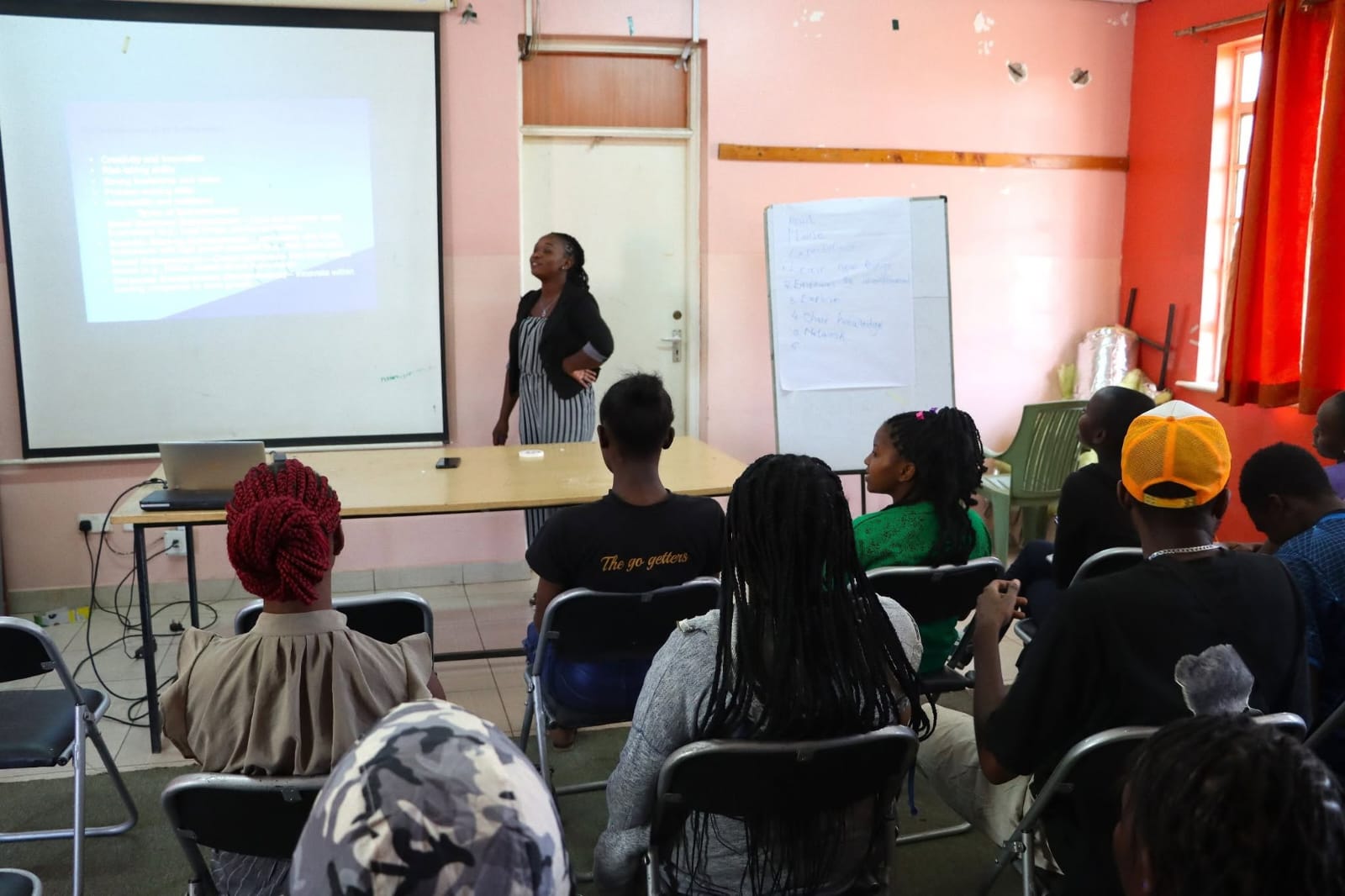FALSE: Photo does not show the drought situation in Embolioi, Kajiado County, in October 2022
The constitution of kenya 2010 made it possible for women to delve into political leadership. 14 years later this is yet but a distant dream All this contributed by online attacks targeting women in politics. Women participation in politics and other leadership scopes in the Kenya has continued to experience myriad challenges. The number of women in the elective positions in Kenya has remained relatively lower, even after the adoption of the 2010 constitution. The achievement of two thirds gender rule has remained an illusion even as this constitution clocks fourteen years of implementation. The number of women in politics has however slightly improved: with the numbers of women in elective positions from the Member of County Assembly (commonly known as MCA) to gubernatorial positions being; 154 in 2013, 179 in 2017 and 200 in 2022 general elections. Despite the rise, women aspirants face several challenges in the dynamic political landscape.
technology
With the advent of new technology, online space has become an equal vote hunting space just like other tradition media and means. Women in politics too have turned their attention to this vote rich ground, albeit with more challenges than their male counter parts. Unlike the physical and verbal attacks, they encounter in physical campaigns, the techno space has also opened a vicious ground for attacks in form of online sexualised attacks. These has been exploited by political competitors to the detriment of these women in politics. Due to almost the eternal nature of the lifespan of content in the virtual space and a potential of a global reach, the effect of online sexual harassment on women in politics is far reaching.
HARRASMENT
 Sexualised online attacks is a form of gender-based violence meted upon any one and directed towards a specific gender and are sexual in nature as explained by Queenter Mbori; a gender equality advocate and the Executive Director at the Association of Media women in Kenya (AMWIK). QUINTER SAYS ‘These attacks are directed to the victims based on their gender and tend to touch on anything linked to the victim sex wise, biologically or gender wise’.
Sexualised online attacks is a form of gender-based violence meted upon any one and directed towards a specific gender and are sexual in nature as explained by Queenter Mbori; a gender equality advocate and the Executive Director at the Association of Media women in Kenya (AMWIK). QUINTER SAYS ‘These attacks are directed to the victims based on their gender and tend to touch on anything linked to the victim sex wise, biologically or gender wise’.
Women in politics in Kenya today clearly understand sexual harassment and this manifests in their lives online in different forms. While the attacks manifest in different forms like trolls, body shaming or assassination of physical outlook, memes, misinformation, and hate comments. These attacks always violate the privacy of these women, cause them harm, frustrate them and demoralize their leadership goals. The agenda behind these attacks is always the same; to get the women off the campaign trails from sharing their manifesto with the voter. This minimizes their activities and hinder then from fully exercising their human rights.
PERSONAL EXPERIENCE
According to DELETE THIS Miss Wanjiku Thiga, an aspirant for a Member of County Assembly seat in Ruiru in 2022 general elections, the reasons for these attacks are many. The patriarchal nature of the Kenyan politics condemns a woman by her very essence, being a woman. This alone is a reason enough to be sexualised in the online space. Wanjiku thiga’FOR A LONG TIME IN KENYA MEN HAVE TAKEN THE POLITICAL LEADERSHIP POSITIONS AND WOMEN VIEWED WEAKER, THUS MOST FIND IT EASY TO ATTACH THEM’.
Violence towards women in politics in Kenya is very much active as opposed to the bystander’s opinion that women are not attacked physically anymore. According to Miss Thiga, the attackers have just shifted the platform to the online space. Even though the attacks appear latent, their impact is as potent as those of physical attacks and is far reaching due to the nature of the lifespan of the online content.
FINDINGS
While the data by the Communication Authority of Kenya (January – March) 2024, shows that cyberbullying is the most common form of online misogyny ranking at 27.8% of digital investigation trends, a report on research by UN Women indicates that it has been worse in the earlier years with 73% of women having reported some form of online violence. According to this report; social media platforms rankings in Kenya in 2024 according to their popularity from the most popular stand in this order; Facebook, WhatsApp, YouTube, Tik Tok, Instagram and X.
According to this data, there has been an increase in cases of cyberbullying in the following order from the vilest; Facebook, X, Telegram, Instagram, YouTube, TikTok, various blogs and WhatsApp in this period. A study by UN Women found out that publishing blasphemous issues about women, hacking, identity theft and online stalking are the most common forms of online harassment women face. With a more recent study from Federation of Women Lawyers- Kenya (FIDA) IN 2022, 23% of women experienced cyber bullying during elections. While this might qualify the popular opinion without verification that Facebook is the arena of blood where women in politics in Kenya get torn in regards to sexualised online attacks, this investigation reveals a new finding.
FAMILY MEMBERS NOT EXCLUDED
From our findings, women who have taken part in this investigative piece, WhatsApp is the new ring of blood where the battle gets laid bare. Scholastica Muthoni, the current Member of County Assembly for Mukuru kwa Ruben in Nairobi County, she has been viciously attacked on various WhatsApp in her ward. This has been reiterated by Catherine Nasimiyu, a lady with disability who vied for a political post in Navaho Ward in Kakamega County in western Kenya.
‘As for me, WhatsApp is the worst space to be. Without community control measures and the personalized nature of this space, I was torn down sexually in this space by people very well known to, ‘’ narrates Nasimiyu.
‘Some even my family members, citing my disability and listing the societal expectations from me before I could run for office,’’ she explains.
 Similar sentiments are shared by Miss Thiga and Madam Scholastica Muthoni. A conversation with these women reveals that the online toxicity is so vile on WhatsApp due to personalized nature of the space. WhatsApp groups formed from the family level to ease communication to those assorted groups at the ward level, constituency level, County and even national level bring together people with a common interest. The easy of duplication, editing and sharing of online message as an advantage the attackers have just by a click of a button. This makes targeted communication so potent more so if it is spearheading negativity. The sexualised nature of the stories targeting women in politics therefore find a very fertile ground to breed and spread always being so sensational.
Similar sentiments are shared by Miss Thiga and Madam Scholastica Muthoni. A conversation with these women reveals that the online toxicity is so vile on WhatsApp due to personalized nature of the space. WhatsApp groups formed from the family level to ease communication to those assorted groups at the ward level, constituency level, County and even national level bring together people with a common interest. The easy of duplication, editing and sharing of online message as an advantage the attackers have just by a click of a button. This makes targeted communication so potent more so if it is spearheading negativity. The sexualised nature of the stories targeting women in politics therefore find a very fertile ground to breed and spread always being so sensational.
EMOTIONAL AND PHYSICAL EFFECTS
This has had a very negative impact both on these women and their families; physically, emotionally and even economically. The extent of online damage, famously known as the ‘Rage’ on the X space in Kenya has been used to discredit women in politics by magnifying their sexuality at the expense of their agenda. This has resulted in public animosity for these victims, intolerance, polarization within communities they serve and in the extreme end, intimate partner violence and broken families. As emphasized by the ones in this piece, these women eventually deplatform and slither away from the spotlight that politics place them in.
‘My mother was so depressed that she had to be hospitalized. When Wanjiku was hospitalized as a result of pressure from these sexualised attacks via our village WhatsApp groups, my brother and I came out to her defence but this did not help much. We were traumatized having been branded whores and home wreckers and we have to live with it…’ explains Priscilla.
Scholastica’s family that includes her grandchildren affirm that they have been so embarrassed to see the quinquagenarian being whipped as a prostitute in the community WhatsApp group. This, like Nasimiyu and Thiga’s case has forced them to keep off the online space. The trauma has forced them and their families to seek medical aid.
THE LAW
According to the Association of Media Women in Kenya (AMWIK), the current research they are conducting on a national scale on online sexual attacks on women affirms this.
‘Right now, we are working with our partners conducting action research on technology facilitated gender base violence and the research will be launched in the coming months but the preliminary research findings are shocking. The attacks actually have now moved to the WhatsApp forums ’Queenter Mbori, the Executive director AMWIK asserts this.
This is also upheld by United Nations Women- Kenyan office, through the team leader on ending Violence Against Women and Girls, Mrs. Christine Okeno. Research by UN Women indicates that less than a third of women experiencing online violence reported. This is because of stigmatization, victim shaming or blaming, the society normalizing violence both online and offline to the extent that others no longer recognizing these sexualised online attacks on these women in politics a s a crime. On the extreme end, there are those who do not even know where to report while others just like Ms. Thiga, Ms. Nasimiyu and Madam Scholastica, would not even push father as they feel that the authorities have trivialized these issues.
These victims pointed out a number of lapses in regards to gaps that facilitate and perpetuates sexualised online attacks on women in politics. From complete lack of relevant laws dues to the dynamic nature of the tech world to the blatant failure to implement these laws where they are available, these victims of technology facilitated violence have censored themselves, moved out of the social spaces in order to cope. They cannot actively participate in the democratic process.
The UN Women- Kenya is working with other stakeholders to address policy and legal gaps. Just like AMWIK, they are also conducting research and data to generate knowledge to inform policies on how to address online sexualised attack on women in politics. They are lobbying the tech giants to keep the online streets safer foe women in politics and everyone else. Using these tech companies to sensitize the masses on online safety is one major step towards achieving this. Trainings on digital safety, security and best practices targeting the judiciary, the police force, and also the prosecutors to be able to identify these attacks towards ensuring access to justice for these victims. Besides, they are lobbying the legislature to review the relevant laws to comprehensively address tech facilitated violence as a form of SGBV in the sexual offences act to get the law to respond to the morphing nature of these sexualised online attacks on women.
In terms of prosecution, these institutions are working with the communities to create awareness to change the norms because sexualised online attacks towards women in politics in Kenya is not an isolated form of violence. It emanates from the community norms that view women as inferior. Teaching the community about the consequences of cyber bullying as per the law and talking to the service providers, from the counsellors to the police as their rallying call to action.
CONCLUSION
Sexualised online attacks on women should not be normalized. It is everyone’s responsibility to be mindful of the other users as we navigate the intricacies if the online spaces.
BY Otieno Joseph Oluoch.







